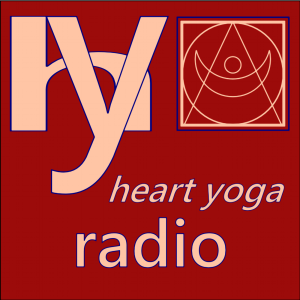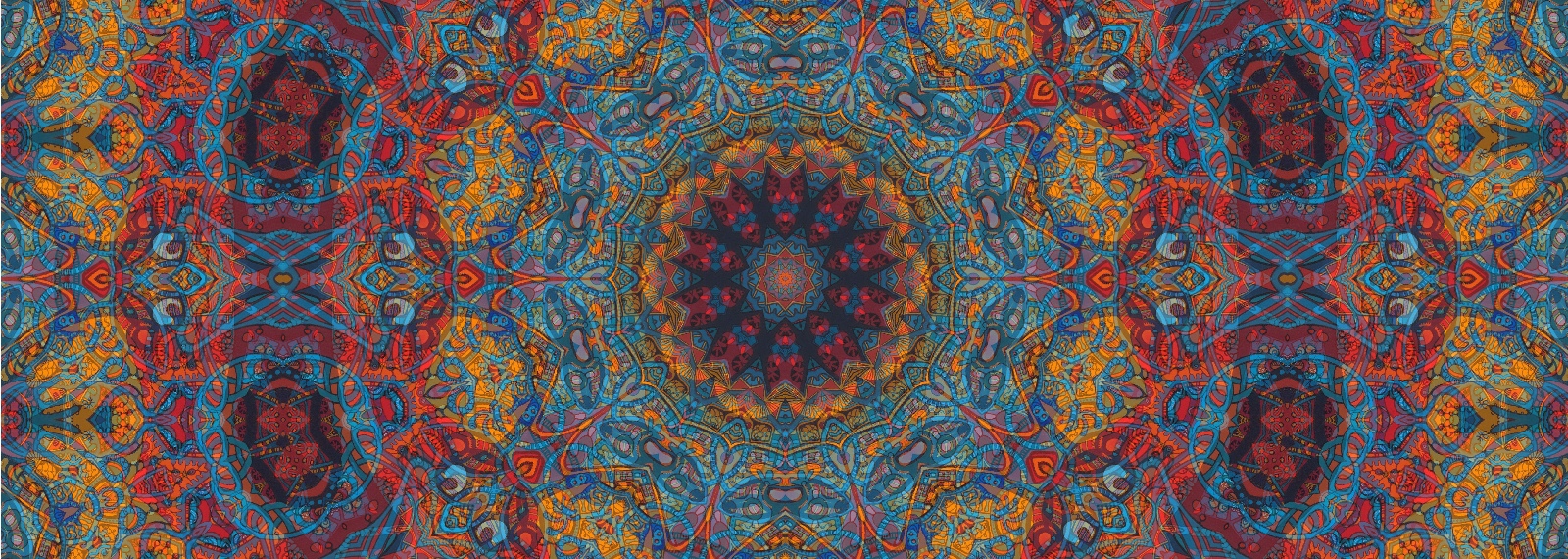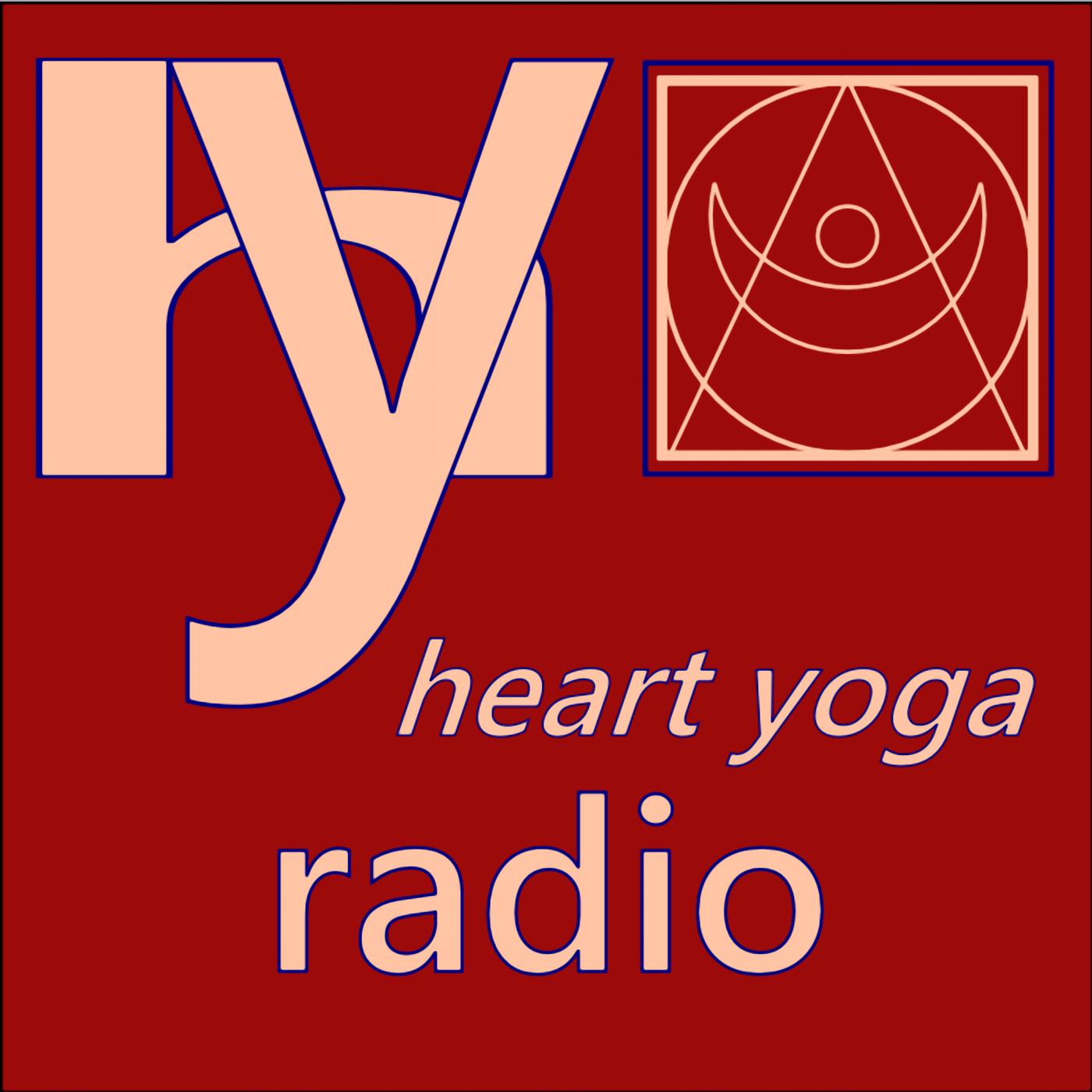Episodes

Saturday Oct 01, 2016
THE MYTH OF THE YOGA TEACHER
Saturday Oct 01, 2016
Saturday Oct 01, 2016
In this podcast, we examine some of the identifiable modes of yoga teaching. In particular, we talk about parroting, missionary activity, dominance games and meeting in openness. [Free. 22 minutes.]

Sunday Sep 11, 2016
VIOLENCE, AHIMSA, SELF-STUDY
Sunday Sep 11, 2016
Sunday Sep 11, 2016
This is a bit of a ramble, starting with a general description of violence and non-violence and the various religious commandments to be non-violent. As always, we find ourselves with no choice but to return to considering suffering and flourishing, Buddha and Socrates. We then consider violence against the self which manifests as physical and psychological asceticism and tease out its nature. This leads to a fairly in-depth consideration of Patanjali's practice of ahimsa and Buddha's 'middle way' and how they wonderfully help to open up the yoga being state as well as illuminating the otherwise dark territories of violence as it operates within the psyche. [Free. 56 minutes.]

Saturday Jun 11, 2016
YOGA AND ANATOMY
Saturday Jun 11, 2016
Saturday Jun 11, 2016
This squib questions the relevance of anatomical study to the practice of Hatha Yoga and the training of 'yoga teachers'. Warning: lots of swearing. [Free. 33 minutes.]

Tuesday Apr 26, 2016
THE ROLE OF THE 'SPIRITUAL MASTER'?
Tuesday Apr 26, 2016
Tuesday Apr 26, 2016
In this podcast a specific instance of the authoritarianism that often accompanies spiritual culture is treated critically. Listeners are urged to value their autonomy and hone, not repress, their critical faculties because both of these are conditions for spiritual inquiry to take place at all. [Free. 15 minutes.]
![ON THE BODY [PART ONE]: YOGA AND THE BODY](https://pbcdn1.podbean.com/imglogo/image-logo/771447/hyradiologobig2_300x300.png)
Friday Mar 04, 2016
ON THE BODY [PART ONE]: YOGA AND THE BODY
Friday Mar 04, 2016
Friday Mar 04, 2016
This is the first part of a series on the human body. It deals with various attitudes to the body found within yoga culture and texts and attempts to evaluate them against their usefulness for life. I also propose that the affirmation of the human body and the attribution of the highest value to it is essential to Yoga practice. Accordingly, the value of the Hatha Yoga Pradipika lies in the fact that it refrains from condemnation of the body whilst reminding us that "Hatha is for Raja". This recording was first put out on YouTube some time ago. We're repeating it here because it touches on many of the themes we want to explore in more detail in this series. [Free. 30 mins.]

Tuesday Mar 01, 2016
Tuesday Mar 01, 2016
This short ramble investigates 'ruts' or repetitive patterns of thought, feeling and behaviour and how some are necessary and others cause us to suffer and to be discontected from the glory of life. I make the observation that in many cases, such patterns are held in place by our very own expenditure of energy to the extent that they become a part of our identity. Refraining from this expenditure, i.e. relaxing and forgetting, is often sufficient to rlease us from the suffering of endless circling. [Free. 19 minutes.]

Tuesday Dec 29, 2015
BELIEF, SYSTEM, STRUCTURE
Tuesday Dec 29, 2015
Tuesday Dec 29, 2015
This podcast gets off to a slow start. Stick with it! It deals with belief and certainty, faith and doubt, movement and stasis, dogma and openness to revision, religious institutions and power. [Free. 20 minutes.]

Sunday Dec 06, 2015
WAR & PEACE ('GIVE PEACE A CHANCE')
Sunday Dec 06, 2015
Sunday Dec 06, 2015
This is a rant against war and the culture of the war machine. It starts off with the presupposition that every sane person desires a peaceful world, now and for future generations. It then ranges quite wide, describing the military industrial complex in terms of its costs relative to those of creating and maintaining peace, arguing against the notion that war is 'natural' and attempting to expose the ideological character of most of the media discourses around current and past conflicts. It concludes that peace must be given a chance. [Free. 39 minutes.]

Wednesday Nov 18, 2015
Wednesday Nov 18, 2015
In this podcast, I start by considering the nature of a compliment. This opens the door onto all the questions that human interactions give rise to and I sketch out some of them. In particular, I consider mutual recognition and the distorting effect that power differentials have on it. I relate this to the nature of the ego in the psychoanalytic sense and suggest how things could be better. Contemplation of the Other in Patanjali's spare style is, I suggest, emancipatory and not difficult, though elusive. Rumi, amongst others, made this very point. [Free. 18 minutes.]

Tuesday Oct 27, 2015
IS THERE ANY HOPE FOR THE HUMAN SPECIES?
Tuesday Oct 27, 2015
Tuesday Oct 27, 2015
In addressing this pressing question, we consider what a 'yes' answer would be like. Firstly we ask, 'what is hope anyway?' This leads us on to considerations of violence, equality, freedom, desire, future thinking, evaluation and the role of big stories in human destructivity. [Free. 45 minutes.]

